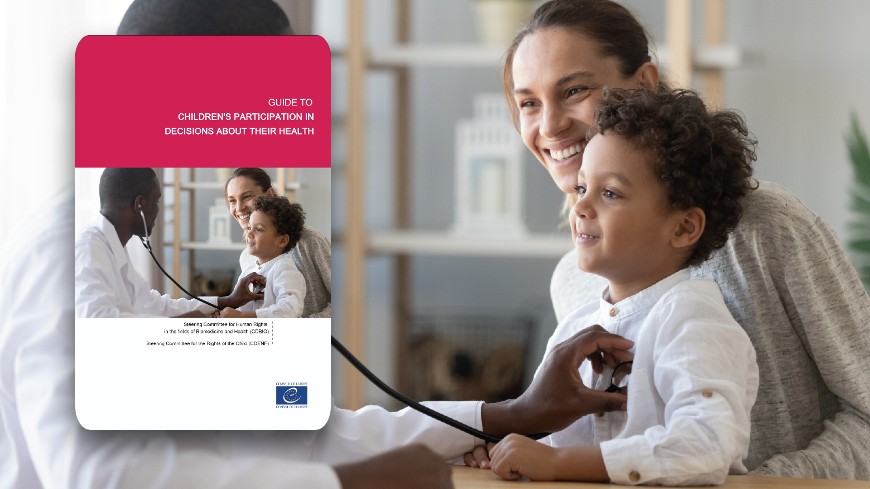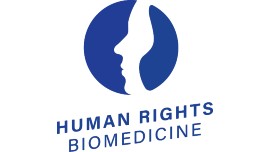Respect for free and informed consent is one of the fundamental rights of every patient cared for by a healthcare professional or institution. This principle lies at the heart of the doctor-patient relationship and is recognised by international law (Convention on Human Rights and Biomedicine, known as the Oviedo Convention).
Although children are not considered to be legally competent, at least until they reach a certain age, and it is therefore up to parents or legal representatives to decide, they nevertheless have an active role to play in decisions about their health.
Indeed, children's participation in decision making , in all matters that affect them, is another principle enshrined in international law (International Convention on the Rights of the Child, Oviedo Convention) which acknowledges shared decision making as a process that results in joint decisions.
In healthcare, involving children in decision making contributes to the quality of the care they receive. But in practice, healthcare professionals can sometimes find it difficult to ask for, collect and take into account children's opinions, particularly when faced with complex situations. What can be done to ensure that children effectively take part in decisions that relate to their own health?
The newly released Guide to children’s participation in decisions about their health aims to provide answers and food for thought and further pursues the Council of Europe's efforts to promote a child-friendly, participatory approach to care and research.
The Guide provides information and advice, primarily for healthcare professionals, about how to involve children in decision-making processes regarding their health.
It starts by presenting the theoretical and legal framework for children’s participation in the field of healthcare and progresses to describe important components of the decision-making process, helping health professionals to understand their role in supporting children, families, and other professionals to enact this in practice.
Key concepts of consent, assent, and best interests are discussed, and common healthcare situations are presented where participation in decision making may sometimes be perceived as more challenging. Examples and links to good practice are provided throughout.
The Guide was developed by the Steering Committee for Human Rights in the fields of Biomedicine and Health (CDBIO) and the Steering Committee for the Rights of the Child (CDENF), and is available in English and French.











